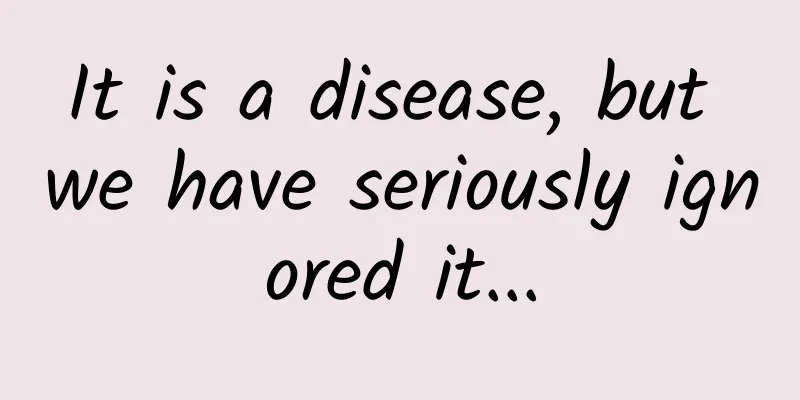What to do if you fail the Down syndrome screening

|
When a woman is pregnant, she must do various pregnancy checkups on time. These checks are very important, such as B-ultrasound, Down's syndrome screening, etc. Some pregnant women will fail the Down syndrome screening, which will make them very worried. So, what should I do if I fail the Down syndrome screening? If the Down syndrome screening result is unqualified, you should also consider the situation. If the result is not high-risk or critical risk, you don’t need to worry too much. Although this is not 100% safe, you just need to pay attention during the subsequent prenatal check-up. If the test results are high risk, further diagnosis should be done, such as amniocentesis, chorionic villus sampling or umbilical cord blood puncture. Which test to choose should be based on the number of weeks of pregnancy. If the test data of Down screening shows a marginal risk, it is not a significant abnormality, so it is not a high risk. In this case, pregnant women can undergo a minimally invasive DNA test. Many pregnant women who have not passed the sugar screening are very worried. In fact, pregnant women need to calm down first, because high-risk does not mean 100% that they will get sick. At this time, they should do the next step of inspection immediately. If a pregnant woman undergoes amniocentesis or chorionic villus sampling, there are some risks, and there is about a 2% chance of experiencing adverse symptoms such as vaginal bleeding and uterine contractions. Screening is a special testing method. It is aimed at special groups without any corresponding disease signs (such as all pregnant women). Through testing, key subjects who are most likely to suffer from a certain disease are selected for subsequent diagnosis-related examinations. One thing that needs to be established is that the purpose of screening is not to diagnose a certain disease, but to select people who are very likely to have a certain disease. The current screening and diagnosis of Down syndrome, trisomy 18 and congenital neural tube defects is a systematic approach. First, for all pregnant women, those whose fetuses are at higher risk of suffering from the above three diseases are screened out through screening, and then the next step of diagnosis-related examinations is carried out. If the fetus is finally diagnosed with this congenital disease, the pregnant woman can make her own decision whether to become pregnant again. The above-mentioned diseases usually use the same screening method, that is, based on your age, weight, AFP and β-HCG levels in your venous blood, combined with some other conditions (such as whether you smoke or drink alcohol, etc.), the risk of your fetus suffering from the above three congenital diseases is calculated. |
<<: Where to do Down syndrome screening
>>: The probability of test tube babies having Down syndrome
Recommend
How to cure uterine cold
Uterine cold is "cold uterus", which re...
How deep is the hymen?
The hymen does not grow inside the vagina when it...
Daily Interaction: 5G Smartphone Report for the First Quarter of 2024
The 5G smartphone market continues to heat up. Ac...
The reason why women have cold limbs
In winter, you can often hear girls complain abou...
Picture of bloody forty days of pregnancy
Spotting during pregnancy is a type of gynecologi...
TCT damage to the cervix
Cervical TCT examination is a type of gynecologic...
What is the reason for ovulation without menstruation?
For friends who have ovulation but no menstruatio...
Is taking butaclostrobin effective during breastfeeding?
Women who are breastfeeding are prone to problems...
Why do women get acne?
In life, we can find that many female friends lik...
Can I have a tooth extracted with anesthesia during breastfeeding?
Everyone knows that if you go to the hospital to ...
Why does the right ovary hurt during menstruation?
Modern women attach great importance to menstruat...
Introduction to endometrial adnexitis
Endometrial adnexitis is a common disease in our ...
How to make delicious popcorn? How to make popcorn conveniently at home?
Popcorn contains dietary fiber, which can enhance...
Can I have an abortion at five weeks of pregnancy?
The 5th week of pregnancy means that you are very...
What is the cause of bilateral polycystic ovaries?
Many women do not understand bilateral polycystic...









